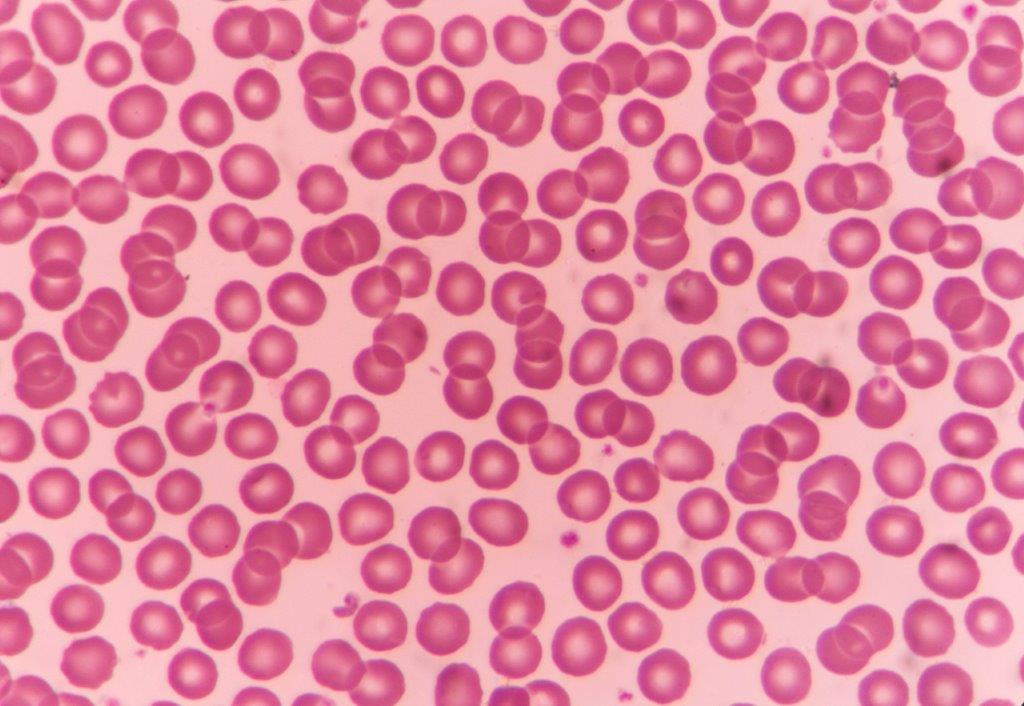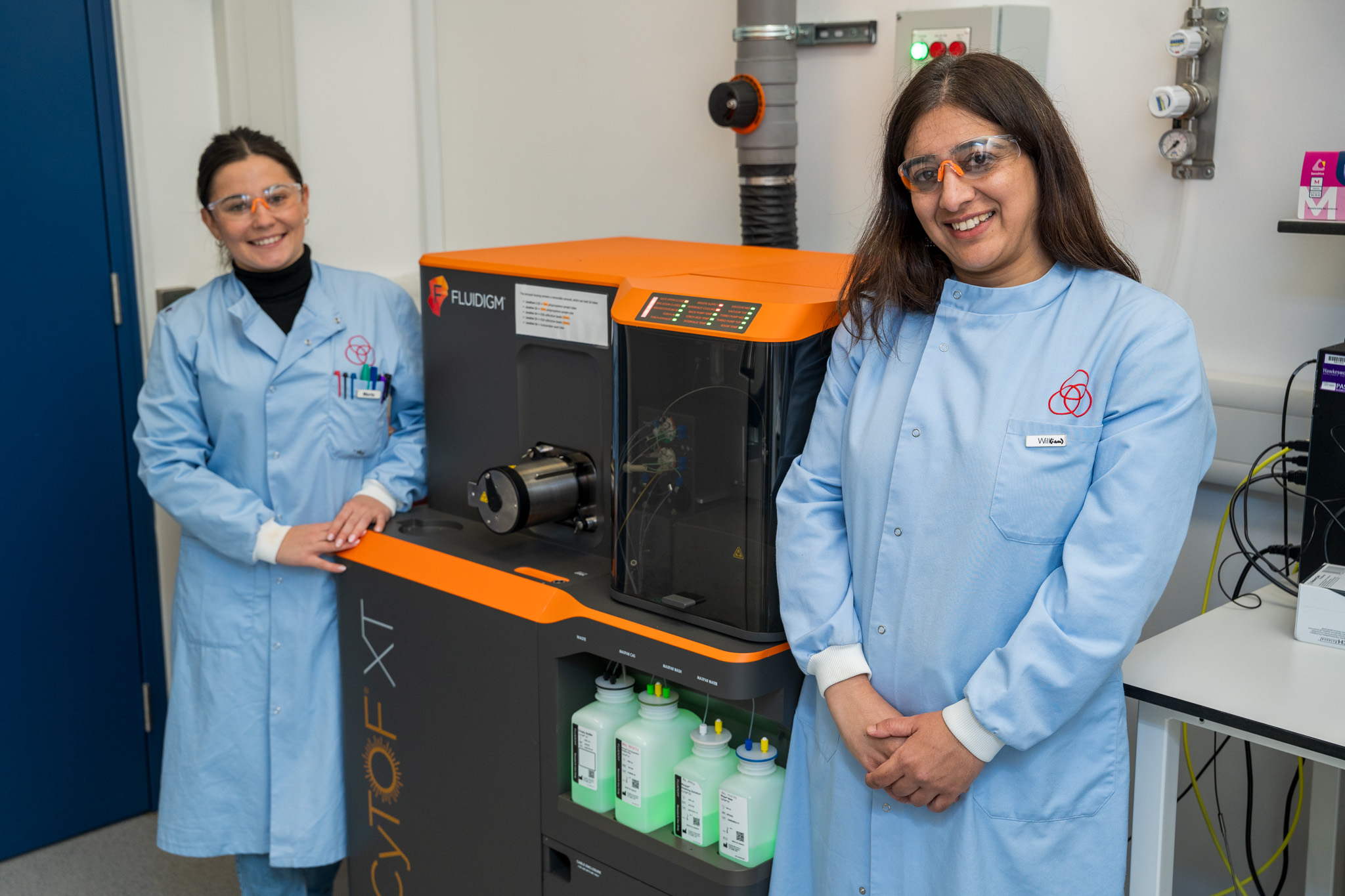MRC Technology, an independent medical research charity and Peptinnovate, which is developing first-in-class disease modifying medicines for immuno-inflammatory diseases, are collaborating to assess the therapeutic potential in bone diseases of Peptinnovate’s unique peptides derived from the bacterium Mycobacterium tuberculosis.
Natural peptides from M. tuberculosis (the pathogen that causes TB) are able to modify the immunological and inflammatory response in humans, and Peptinnovate is investigating whether these properties could form the basis of new medicines for a variety of disease indications that involve altered immune responses.
Scientists at MRC Technology’s Centre for Therapeutics Discovery have expertise in assay development for discovering new drugs, and in bone disease biology. They will investigate the effects of Peptinnovate’s peptides in cellular models that mimic aspects of bone physiology.
The collaboration is a result of interaction fostered by Stevenage Bioscience Catalyst, where Peptinnovate is based and MRC Technology is relocating in 2016.
Andrew Lightfoot, CEO, Peptinnovate, said: “We are delighted to be working with experts at MRCT to better understand the potential of our approach in the treatment of bone diseases, our second area of therapeutic focus. Peptinnovate is continuing to develop strongly, following on from our recent Biomedical Catalyst funding success, which stands us in good stead for future fundraising and partnering.”
Martino Picardo, CEO, Stevenage Bioscience Catalyst, said: “This partnership is just the kind of interaction Stevenage Bioscience Catalyst was established to facilitate and drive. It’s great to see this collaboration between one of our first and one of our newest tenants, and we hope to see many more fruitful relationships as the campus continues its rapid development.”



